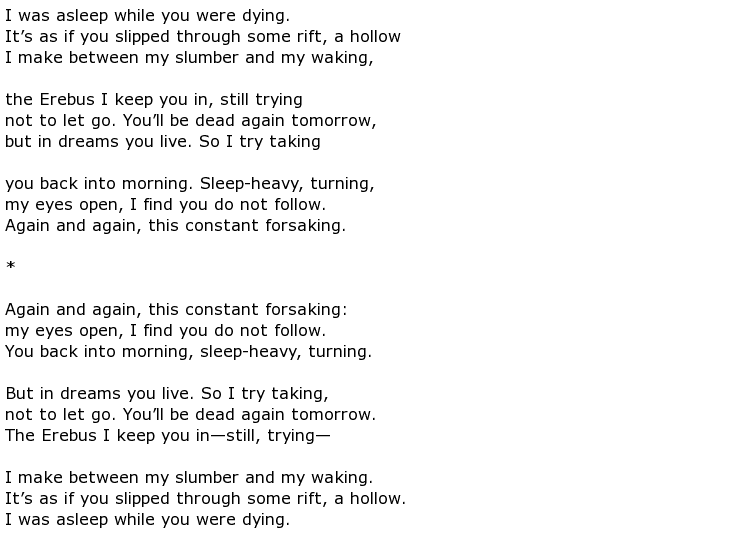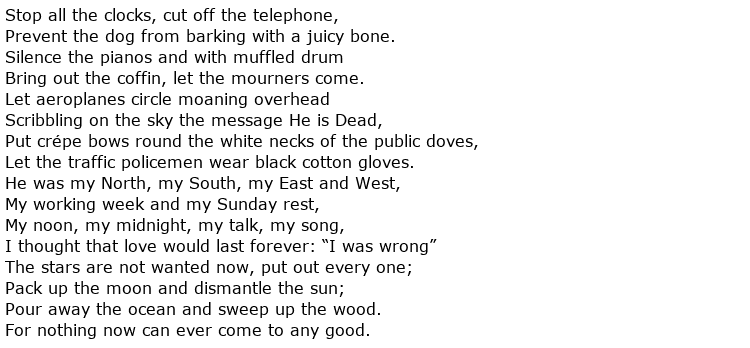 There are many times during life when we experience difficult situations. It is just one of those realities of life, that things will happen which cause us extreme agony and distress. There”s no simple way to eliminate these feelings — we must live through it, follow the process, and then move on with life. I”m referring to that emotional process known as grief. Psychologists will tell you that grieving has a predictable path to follow: denial, anger, bargaining, depression, and acceptance. How people cope with such loss is a very personal and individual experience — on one can assist you as you go through it. No one can really understand all of the feelings and emotions that you are having, even if they themselves have experienced grief numerous times. However, others can be there to help by providing comfort and providing for personal needs, such as preparing meals and taking care of household chores. The only thing you can really do is to permit the feelings of guilt to come over you and work through the process.
There are many times during life when we experience difficult situations. It is just one of those realities of life, that things will happen which cause us extreme agony and distress. There”s no simple way to eliminate these feelings — we must live through it, follow the process, and then move on with life. I”m referring to that emotional process known as grief. Psychologists will tell you that grieving has a predictable path to follow: denial, anger, bargaining, depression, and acceptance. How people cope with such loss is a very personal and individual experience — on one can assist you as you go through it. No one can really understand all of the feelings and emotions that you are having, even if they themselves have experienced grief numerous times. However, others can be there to help by providing comfort and providing for personal needs, such as preparing meals and taking care of household chores. The only thing you can really do is to permit the feelings of guilt to come over you and work through the process.
Natasha Trethewey, a contemporary American poet, has expressed the battle one feels with denying the loss of a loved one. In her poem, Myth, Trethewey”s protagonist compares the reality of being awake with the less stressful state of sleep. In her dreams, the subject of her loss is there with her, but while she is awake, the person”s absence is real and agonizing.
Myth
by Natasha Trethewey

Most poets who have written about the human experience have had to deal with grief at some point, and they did so by putting their feelings and pains down on paper. Anyone can do this — you don”t need to be a well-known or accomplished poet. You also don”t need to share these with anyone. I would suggest that if you find yourself writing poems about the feelings of grief that you may have, that you not be too hasty in destroying your writings. Even if they are not the best poems in the world, keeping those poems can help you as you progress through the grief stages. You may enjoy looking back on them, remembering how writing those poems assisted you as you struggled with the loss.
Funeral Blues
by WH Auden

One of the outcomes of death and of grief is that we are often encouraged to take a look at our own feelings about death and mortality. One of the things that usually comes from going through each stage in the grieving process is a sense of hope. Essentially, as long as life endures, there is some sense of hope in our world. And as long as we continue to have hope, we have life. The poet Mary Frye writes in Do Not Stand at My Grave and Weep that it is not the departed person”s wish that loved ones stand around and weep. The grave site is just the place for interring the body — a person”s soul has long departed and is express by such images as rain, wind and sunlight, which can be everywhere that the loved ones are at.
Do Not Stand at My Grave and Weep
by Mary Frye



You must register to comment. Log in or Register.